Eleven Things I Learned When Making My First Independent Feature Film
February 8, 2022 By Go BackSeveral summers ago, a random discussion between my friend David Humphries and I, turned into a summer challenge. Let’s make a feature film from absolute zero. He would shoot and edit the film; I would write the script and direct. Neither of us had ever attempted something like this, but we put our heads together and figured, “how hard could this really be?”
It was hard. Really hard. Really really hard. But alas, here we are. Our film Florrie is going to have its Canadian Television debut and I am still thrilled and amazed that this is really happening.
For the next feature film, I will definitely keep a diary while shooting. I have flashbacks of some of the wacky stuff that happened in making the film and it I wonder if I’ve forgotten some cooler stuff. Note to self, diary. Moving on.
Below is an assembled list of things I’ve learned in the making of Florrie. Hopefully they will be of help to the next hapless director who takes on the madness of making your first feature film.
Finish The Damn Film
Finishing is the point. I’ve heard stories of people giving up halfway or near the end of shooting. What the hell are you thinking?! If the director doesn’t have a legitimate reason to finish, it’s usually out of vanity or some other silly reason. Of course, we want the best quality film possible, but on your first feature quality is either a miracle or an amalgam of happy accidents. The only thing you can control is sticking to it and finishing. Even if the film isn’t great, you’ve finished it. You cast and crew will respect the fact that you did it and you’ll love yourself. And now that’s it done your mom will be really happy and tell all her friends to buy the VHS!
Crying in Cinema
We were blessed to have two amazing actresses in the film (Lee Lawson and Andrea Agur). They had some intense scenes where they had to cry. (Still the greatest mystery to me of that craft, how the hell do you cry on cue?!!) Several times I was asking Henrietta (played by Andre Agur) to cry. I noticed she sort of ignored my request. She would do the scene, cry, and we’d set up to retake the scene again. I’d ask her to get ready to cry, again silence. Retake the scene. She nails it again. She wants to try again. In my head I’m thinking ‘we got it,’ but maybe we can get it better. Before the scene starts Andrea looks me right in the eyes and remarks, “I’m going to get emotional in this scene.” I scratch my head here and think to myself…Am I supposed to be picking up on something here? So, for the rest of the film when there was crying to be done, it was time to “get emotional.”
Another crying in the cinema tip from Lee Lawson is: “don’t full bawl out crying, it’s watching the character trying to contain their crying that makes the audience cry.”
Backs Ups to Your Back Ups
Is making a feature film fun? Kinda, sorta, I guess so. There are a lot of moving parts put together for a relatively short time. What happens if one of those parts is not there? Sick? Getting a film gig that actually pays them? The secret is to have as many back ups as you can. For your lead actors, it is almost impossible to solve should something happen, but for everything else, you must be ready. Do you have a list of back up sound guys, camera guys, drivers, assistants? If it rains for the outdoor shot, what is your back up indoor location? Lost the costume for the big dance scene? Your lead cellist lost their hands in a freak peanut butter accident? Life is full of headaches but when you are making a film, you must solve problems really fast or the whole thing can fall apart quickly. Back ups make those problems a little easier to deal with when they actually show up. And they will.
Analysis Paralysis
Don’t think too much. The more you overthink, the more you slow production down, which can ruin the chances of finishing. It is not likely you are going to re-invent the film while you’re shooting anyways. Keep up the pace, keep working, and maybe you’ll have a brainfart in editing. Otherwise, being too precious about inconsequential things, and next thing you know, you’re losing the sunlight.
“Hurry, we only have 6 minutes to get this shot!! Why did we waste three hours choosing the right shoelaces? Grab the camera and run!!!”
Your Team
Everybody is important. Try to find the brightest people you can regardless of what their doing for the film. Whether they are driving, or working camera, or combing somebody’s hair, smart, eager, people will make everything run smoother and greater ideas will be generated from your little hive.
You Are Making the Film for Yourself
Make the film you want to make. Don’t worry about audiences or what they think. You don’t know them, and they already have thousands of films at their fingertips. They don’t need yours. These strangers you are trying to make happy will never see your film in the first place, so don’t try. Make the film you want to make because you are the one who has to live with it for the rest of your life. The public can watch Annie Hall, Citizen Kane, or Braveheart whenever they want.
Building From Zero Is Fun
Try to have fun with every aspect of it. Even the boring stuff. Have fun with the casting. Have fun writing it and rehearsing it. Have fun shooting it. Realize it’s all an opportunity to create something new and have fun. Keep in mind all of this didn’t exist before you started on it. I think that’s pretty bloody exciting.
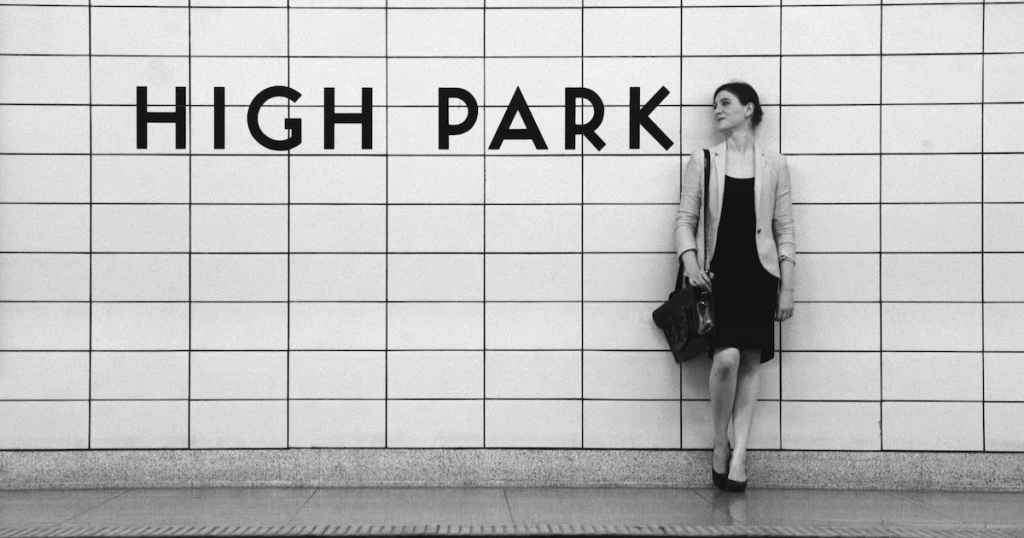
Meat And Potatoes Equipment
Don’t get lost in technology. The more equipment you have, the more likely you will waste time and stare at your own navel. The Beatles had 2 guitars, 1 bass, Drums, and some voices. How did that work out for them? 80 percent of Florrie was shot with one camera and one guy holding the boom mike. No joke. We kept the equipment in a kids’ wagon I bought from Walmart and wheeled it around. No massive trucks or lighting set ups. We were lean and mean and could go anywhere we wanted. Amazing. Less equipment, more focus on actors and story and making the shots look good. That’s the simple formula.
Feature Films Are Better Than Short Films
Name me 5 of your favourite short films. Can’t? No kidding. It’s because nobody cares about short films. If people don’t have patience for your 8-minute short film, you think they are going to watch your 80 minutes plus feature film? Keep dreaming. Go big or go home. They won’t watch your feature film, but they’ll be a lot more impressed if you made a FEATURE FILM. Anybody can write an 8-page short story, but if you’re friend wrote a novel (even if you don’t read it) wouldn’t you be impressed?
You’ll learn a lot more from a feature film and years later you’ll look back and marvel how you and your team pulled it off.
Telephone Power.
Don’t get lost in too much communication. I didn’t send or receive one text during this entire production. I got people on the phone, pitched what I was trying to do and kept things fast and straightforward. Get them on the phone. Are you in? Yes, or no? It’s that simple. I could tell in 30 seconds of hearing someone’s voice what they were about. If it takes a week to get someone on the phone for 5 minutes, do you really think they are going to work for 14 days on a film? And do you really want to spend your time answering emails that ask, “when is a good time to call?” Really? Just pick up the phone and call!
It’s All About the Actors
Actors are the gateway into your film. The actors must be interesting to watch, to look at, to listen to. A terrible film can become “watchable,” with good actors. A decent script can get elevated into magic with the right line reading (Thanks Lee and Andrea!!). Even if we hate the characters, if you hate them so much you must keep watching, that’s the actor’s working their magic again. Find the best actor you can, regardless how big or small the part.






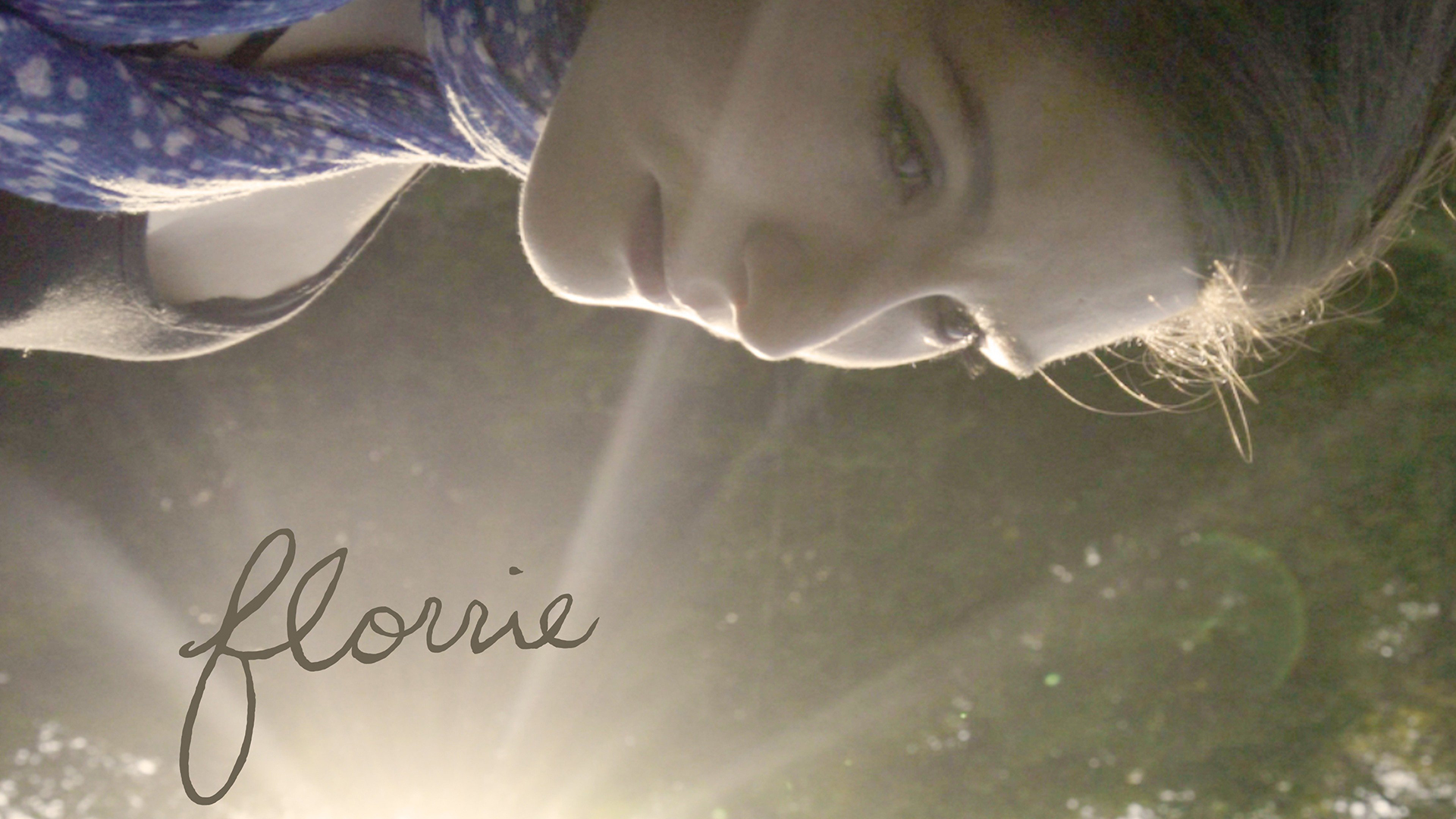
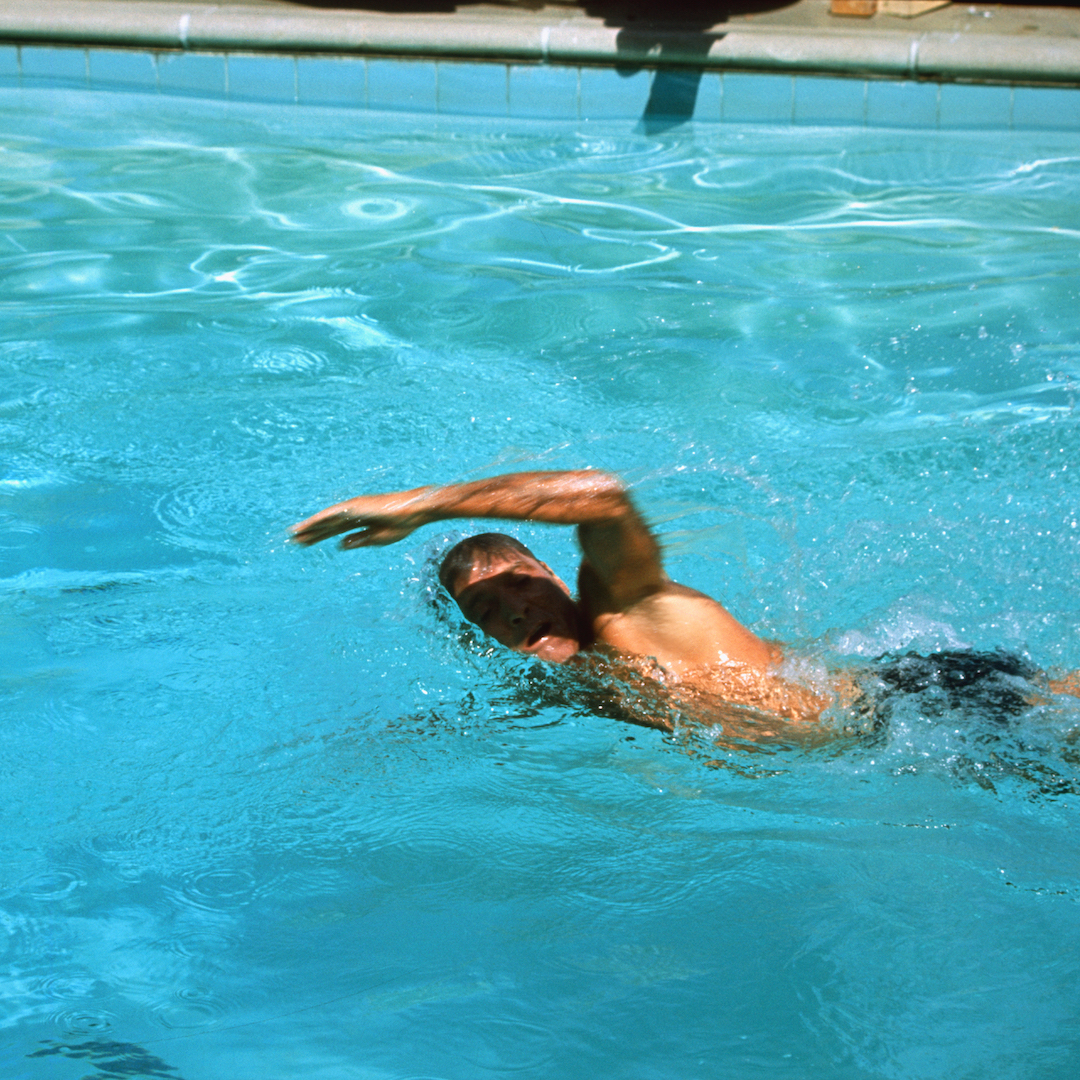

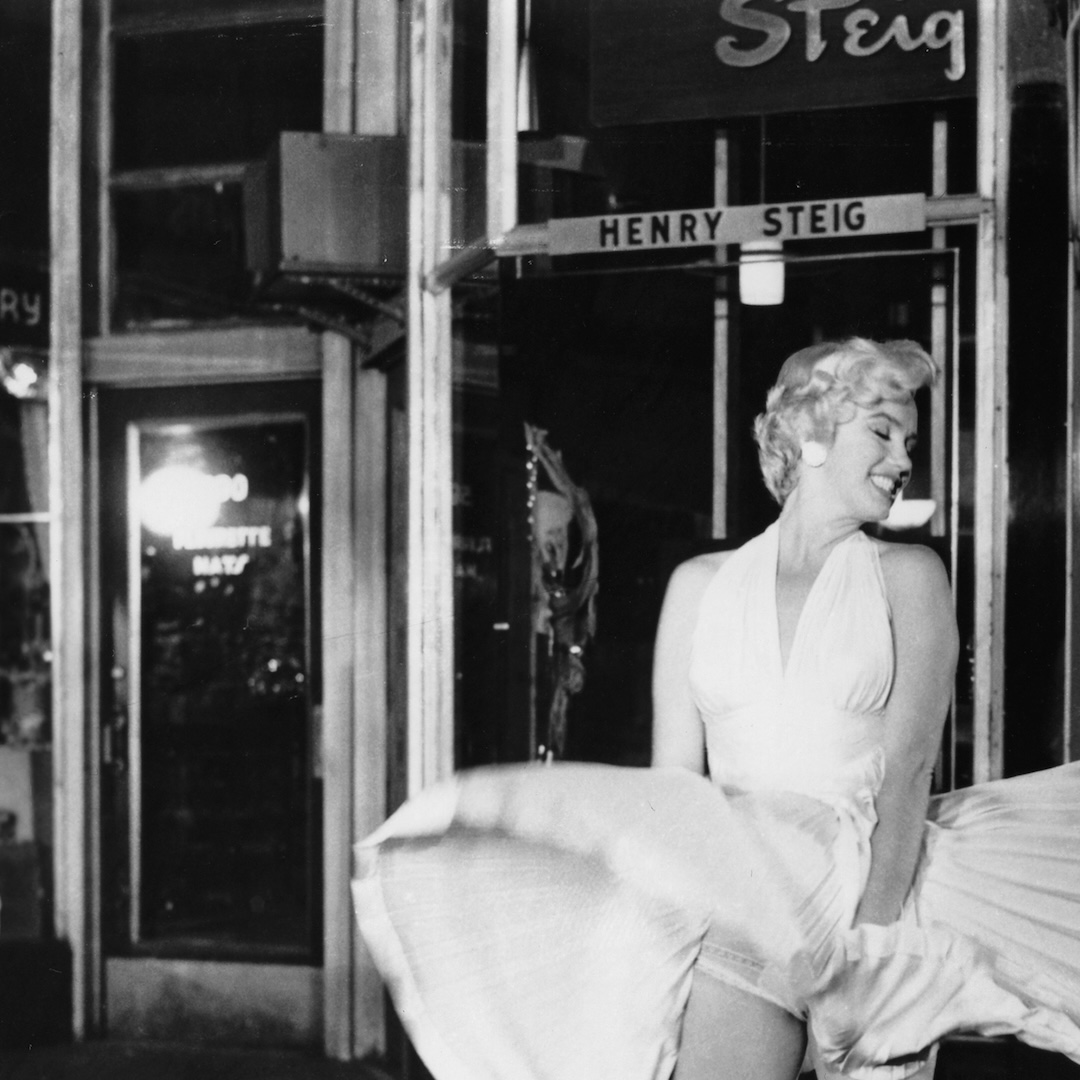

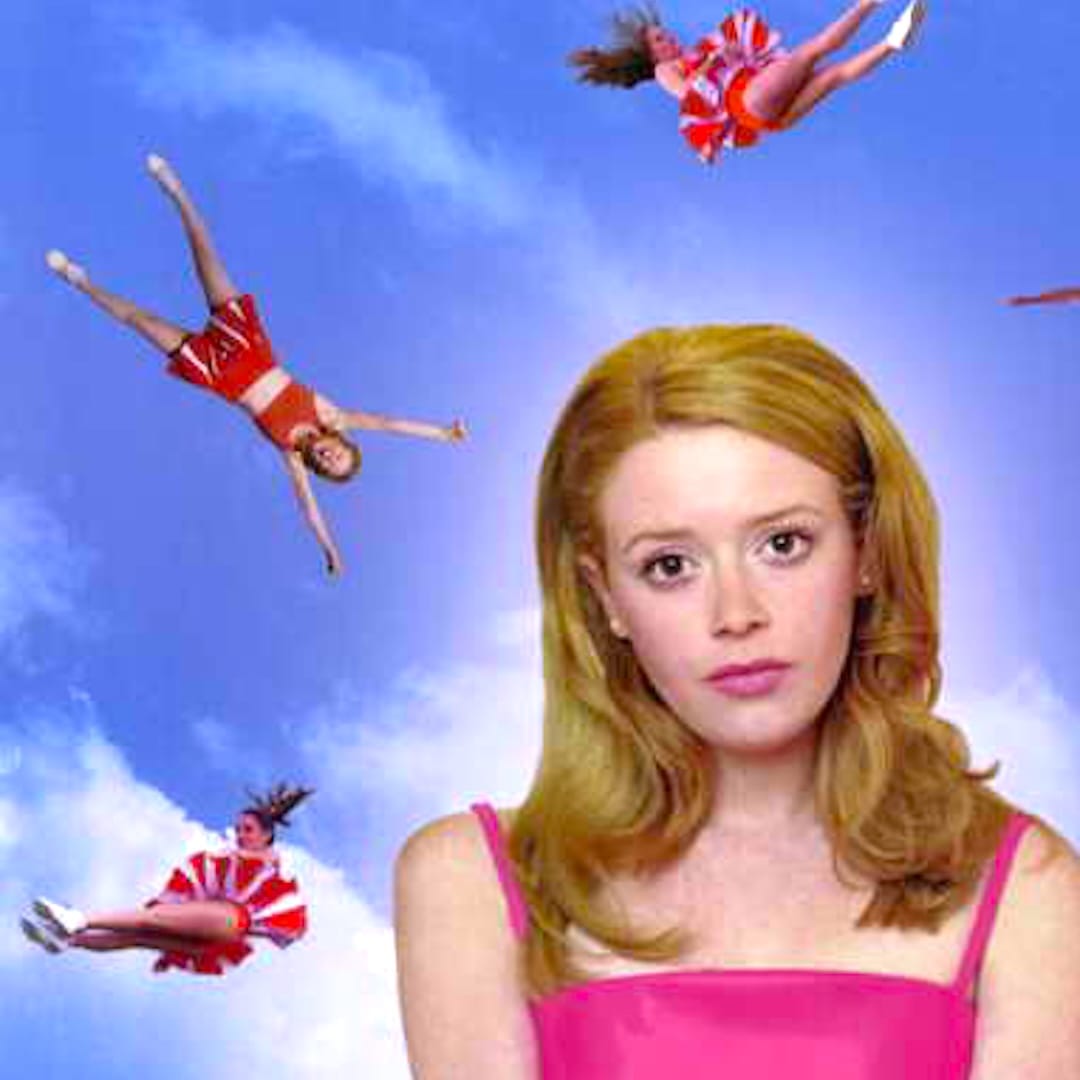
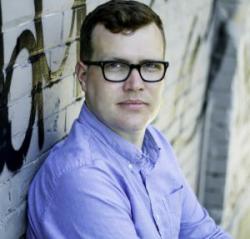
 Follow us on Instagram
Follow us on Instagram